The shocking news of Justin Timberlake receiving a DUI has sent ripples through the media landscape, leaving fans and critics alike pondering: when does casual alcohol drinking turn into something more problematic? Understanding the complexity of this issue is vital, as is recognizing that alcohol misuse can often be a symptom of more profound mental health struggles rather than a character flaw.
What is a DUI?
A DUI (Driving Under the Influence) is a legal offense incurred when an individual operates a vehicle with a blood alcohol content (BAC) exceeding the legal limit, typically 0.08% in many places. A DUI charge carries severe legal consequences—such as fines, community service, or even jail time—and poses significant public safety risks. However, a DUI might hint at more critical underlying issues beyond its immediate implications.

A sobering moment: Justin Timberlake being escorted by police after a DUI arrest presents an opportunity to discuss when drinking becomes a problem.
When Does Drinking Alcohol Become an Alcohol Use Disorder?
While occasional social drinking doesn’t necessarily indicate an alcohol abuse problem, certain behaviors can be red flags for alcohol dependency.
The National Institute on Alcohol Abuse and Alcoholism (NIAAA) lists several warning signs including:
- Frequent alcohol bingeing
- Alcohol consumption overall life quality
- Engaging in risk behaviors like driving under the influence
In Justin Timberlake’s case, his DUI could be signaling deeper unresolved issues rather than just being a legal mishap.
The Perfect Life Appearance Among Celebrities
Celebrities frequently live under massive pressure to maintain perfect public images. This environment can foster a toxic culture where vulnerabilities are hidden rather than addressed. The entertainment industry often discourages celebrities from publicly acknowledging personal problems out of fear that it may harm their careers or income.
Consider figures like Matthew Perry and Toby Keith—the former struggled with addiction, and the latter was affected by a disease associated with alcohol consumption. Yet, media and management usually downplayed their deaths due to industry pressures and societal stigma. Amy Winehouse’s tragic death from alcohol poisoning in 2011 illustrates how visible warning signs can be overshadowed by enabling behaviors designed to protect financial interests.
Stigma Around Mental Health Acceptance
Madonna has remained silent about Naloxone use and its association with fentanyl and opiate overdose, pointing to sepsis due to the societal stigma surrounding substance use disorder and mental health. This stigma is even more pronounced within celebrity circles, where management teams often consist of enablers afraid to confront destructive habits for fear of financial repercussions.
Compassionate Support
Imagine if society valued vulnerability over perfection. It could open doors for celebrities like Justin Timberlake or others facing similar issues to seek help without fear of judgment. Programs like Refresh Recovery offer discreet outpatient mental health services—resources that could be invaluable if seeking help were considered brave instead of shameful.
For young adults navigating dual diagnoses or any mental health challenges while looking up to these celebrities—it’s vital to understand that admitting you need help doesn’t equate to failure. Headlines about celebrity missteps should serve as cautionary tales highlighting the importance of mental well-being rather than gossip and fear.
Building supportive networks over punitive measures can pave the way toward genuine sobriety—not just for our idols but anyone struggling behind closed doors. True strength lies not in appearing perfect but recognizing when we need support and courageously seeking it.
Remember: you’re not alone. People are willing to listen and help because everyone deserves compassion and understanding on their journey toward healing.
For more information on seeking support and understanding dual diagnoses, visit:
National Institute on Alcohol Abuse and Alcoholism (NIAAA)
Substance Abuse and Mental Health Services Administration (SAMHSA)
By Valerie T.

